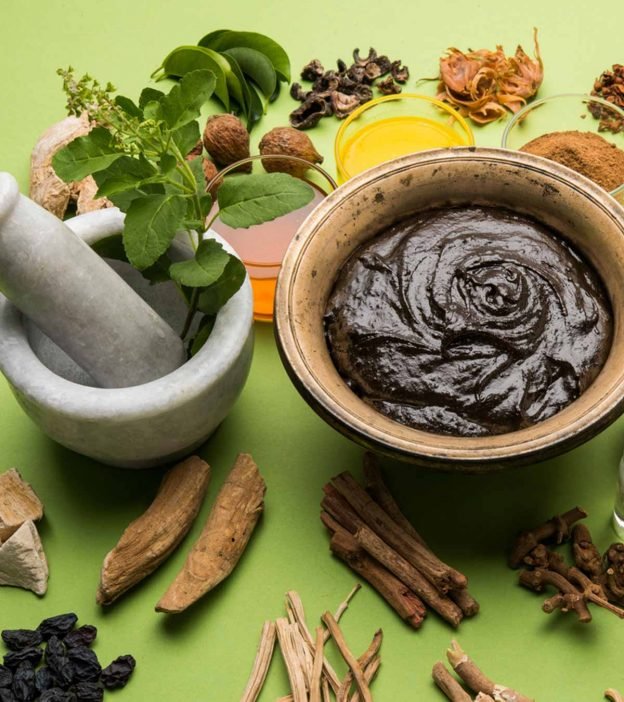By: Riaa Singh
Ayurveda is a traditional medical practise that dates back thousands of years to India. The foundation of this medical approach is the idea of harmony and balance in the body, mind, and spirit. According to Ayurveda, diabetes is a lifestyle condition brought on by poor eating habits, inactivity, and stress. The primary components of ayurvedic diabetes treatment are food, exercise, and lifestyle modifications, as well as the use of herbs and other natural therapies. Ayurveda can provide practical remedies for its prevention and management. Diabetes is a problem that is becoming more and more prevalent among young people nowadays.
The World Health Organisation (WHO) claims that diabetes is a significant global public health issue that affects millions of people. Diabetes is a chronic illness that develops when the body is unable to use the insulin that is produced properly or create enough of. High blood sugar levels as a result of this can result in a number of health issues, such as heart disease, kidney damage, nerve damage, and blindness.
Today’s youth population is increasingly more likely to have diabetes. The surge in diabetes cases among young people is mostly attributable to bad lifestyle choices like inactivity, a diet high in processed foods, and stress. Utilising drugs to regulate blood sugar levels is the traditional method of managing diabetes. However, these drugs can be costly over time and have negative effects. With its more all-encompassing approach to diabetes care, Ayurveda can aid in the prevention and natural management of the condition.
Finding the disease’s underlying cause and treating it with a combination of dietary modifications, lifestyle adjustments, and natural therapies are key components of the Ayurvedic approach to managing diabetes. Diabetes, in accordance with Ayurveda, is brought on by an imbalance in the doshas, or the bodily energy. Vata, Pitta, and Kapha are the three types of energy. It is thought that diabetes is brought on by an imbalance in the Kaphadosha, which is in charge of preserving the integrity and structure of the body. Insulin resistance, the root cause of diabetes, can be brought on by an overabundance of the kaphadosha in the body.
Identification of the person’s dosha type and selection of the most appropriate dietary and lifestyle modifications for that type are the initial steps in Ayurvedic diabetes therapy. All dosha types should follow a diet that is high in fibre, low in fat, and full of whole grains, fruits, and vegetables. However, depending on the dosha type of the individual, the precise foods suggested may change. For instance, people with a constitution that is dominated by Kapha may need to reduce their intake of sweet and fatty meals, whereas people with a constitution that is dominated by Vata may need to increase their diet of healthy fats and warm, cooked foods.
Exercise is a crucial component of Ayurvedic diabetes care in addition to food. Regular exercise helps lower blood sugar levels and enhance insulin sensitivity. For people with diabetes, Ayurveda suggests mild workouts like yoga, walking, and swimming. These low-impact workouts also aid in stress reduction, which is a crucial component of diabetes control.
Diabetes can also be prevented and managed with the aid of herbal Ayurvedic medicines. Bitter gourd, fenugreek, and guduchi are some of the herbs for diabetes that are most frequently utilised. Consumed as a vegetable or juice, bitter gourd is well known for decreasing blood sugar levels. To assist control blood sugar levels, fenugreek seeds can be soaked in water over night and eaten the next morning. The herb guduchi is useful for enhancing insulin sensitivity and lowering bodily inflammation. (The author can be reached at riaasingh009@gmail.com)







